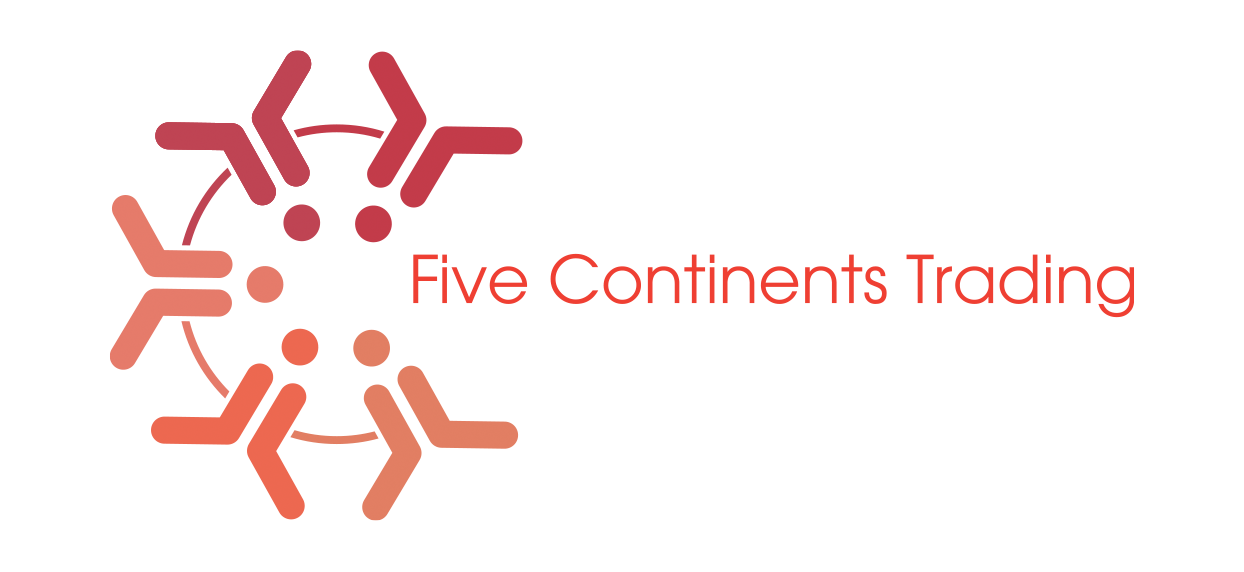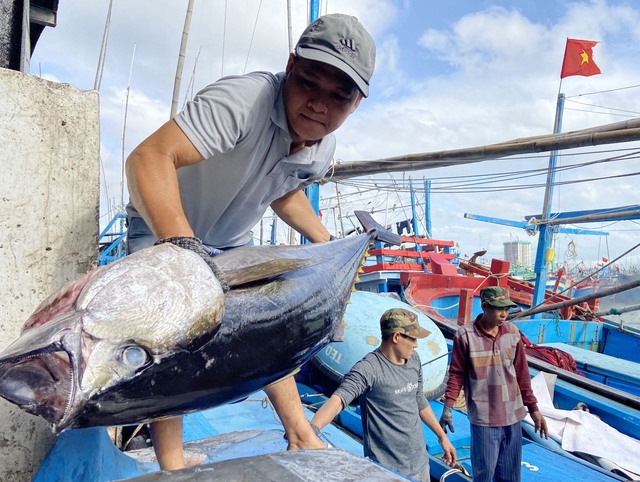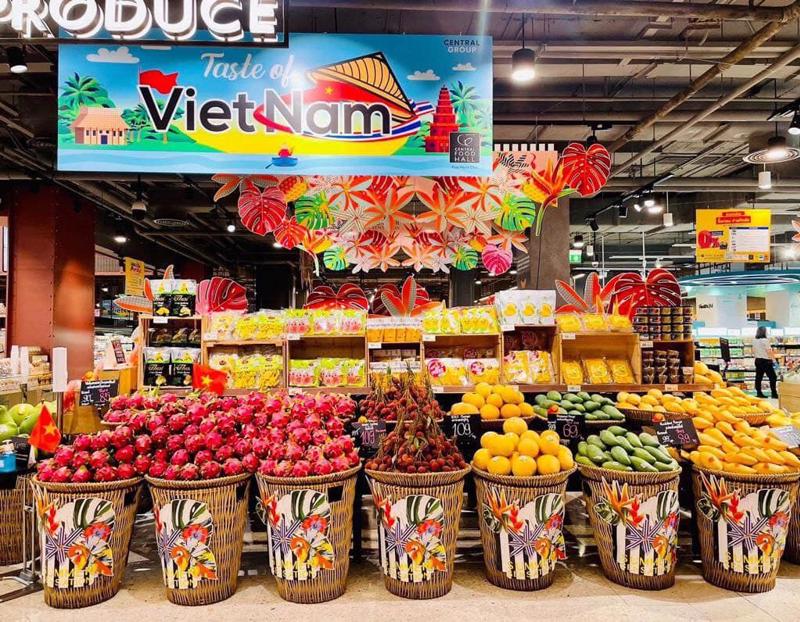The VIFTA trade agreement will open the door for Vietnamese agricultural products to enter Israel’s market.
According to the Ministry of Industry and Trade, after 7 years and 12 rounds of negotiations, on April 2nd, Minister Nguyen Hong Dien and Minister Nir Barkat, on behalf of the two governments, signed a joint declaration to conclude the negotiations of the Vietnam-Israel Free Trade Agreement (VIFTA).
It is expected that the two countries will sign the VIFTA agreement this year to celebrate the 30th anniversary of diplomatic relations. This agreement will provide opportunities for a wide range of goods, including Vietnamese agricultural products, to enter the Israeli market.
Israel is ranked fourth out of ten tuna import markets for Vietnam.
The article mentions that VIFTA will bring great opportunities for Vietnamese exports, especially in the agricultural sector. According to Nguyen Thi Diem Hang, Vice Chairman of the Vietnam Agricultural Business Council, VIFTA will not only create opportunities for Vietnamese agricultural products in the Israeli market but also open up cooperation with the Middle East through the United Arab Emirates (UAE) gateway.
Israel serves as a gateway to the UAE, which is a gateway to the world. Hence, touching the UAE implies that Vietnamese agricultural products have opportunities to reach global markets. Large traders come to the UAE, Dubai, and other major programs like Gulfood, Expo to trade and import a large amount of goods to their countries. Furthermore, Israel’s market standards are not as strict as those of the US, EU, etc. Hence, VIFTA creates an opportunity for Vietnamese goods and agricultural products to penetrate the Israeli market and the Middle East.
In terms of seafood exports, Israel ranks in the top 22 out of 100 seafood export markets for Vietnam, with exported items such as frozen shrimp, squid, canned tuna, and pangasius. In 2022, Vietnam’s tuna exports to Israel reached $36.63 million, and Israel ranked fourth out of the ten largest tuna import markets in Vietnam, following the US, Canada, and Japan.
Vietnamese seafood products have a stable position in the Israeli market and are popular with local consumers. According to Truong Dinh Hoe, Secretary-General of the Vietnam Association of Seafood Exporters and Producers (VASEP), VIFTA will gradually reduce taxes to 0%, which is a competitive advantage for Vietnamese seafood compared to other countries that have not signed a free trade agreement with Israel.
It is important to focus on processed products when promoting Vietnamese exports.
According to Mr. Le Thai Hoa, Commercial Counselor of Vietnam in Israel, the Israeli market has a modest size with a population of nearly 9.7 million people, but its economy and foreign trade activities are quite developed. In 2022, per capita income reached nearly USD 55,000; the total foreign trade turnover reached USD 173 billion, of which exports reached USD 67 billion and imports reached USD 106 billion.
In addition, bilateral trade between Vietnam and Israel has been increasing rapidly from USD 1.58 billion (in 2020) to USD 1.89 billion (in 2021) and reached USD 2.23 billion in 2022, up 17.85% compared to the previous year.
Israel is currently Vietnam’s fifth largest trading partner and the third largest export market in the Middle East (after the UAE and Turkey). Conversely, Vietnam is one of Israel’s largest trading partners in Southeast Asia.
The commodity structure of import and export between the two countries complements each other. The items Israel needs to import are also the items that Vietnam has strengths in exporting, and vice versa.
Each year, Israel has a demand for importing various types of goods to meet domestic needs, mainly machinery, equipment, spare parts, raw materials, consumer goods, investment goods, fuel, crude diamonds, etc.
In the consumer goods group, each year Israel spends USD 25 billion importing goods, including food and beverages, clothing, footwear, furniture, electronics, electrical equipment, household goods, pharmaceuticals, etc.
According to Mr. Hoa, despite the modest market size, Israel has a fairly large demand for imports, and the consumer spending cycle in Israel is fast, as shown in the sharp increase in the value of imported goods every year.
Moreover, due to habits and consumption patterns, Israeli businesses have a great demand for importing processed products with high added value, which are already packaged in complete packaging, especially in the food and consumer goods categories. Imported processed products are put into distribution channels or retail supermarket chains for consumers to use immediately after purchase.
Mr. Hoa believes that to exploit the Israeli market and the advantages of the free trade agreement with Israel, Vietnamese production and export businesses need to focus on bidding for processed products with high added value, competitive prices, and suitable quality, quickly responding to customer transactions in Israel, and complying with the standards and import regulations newly issued by this country.






